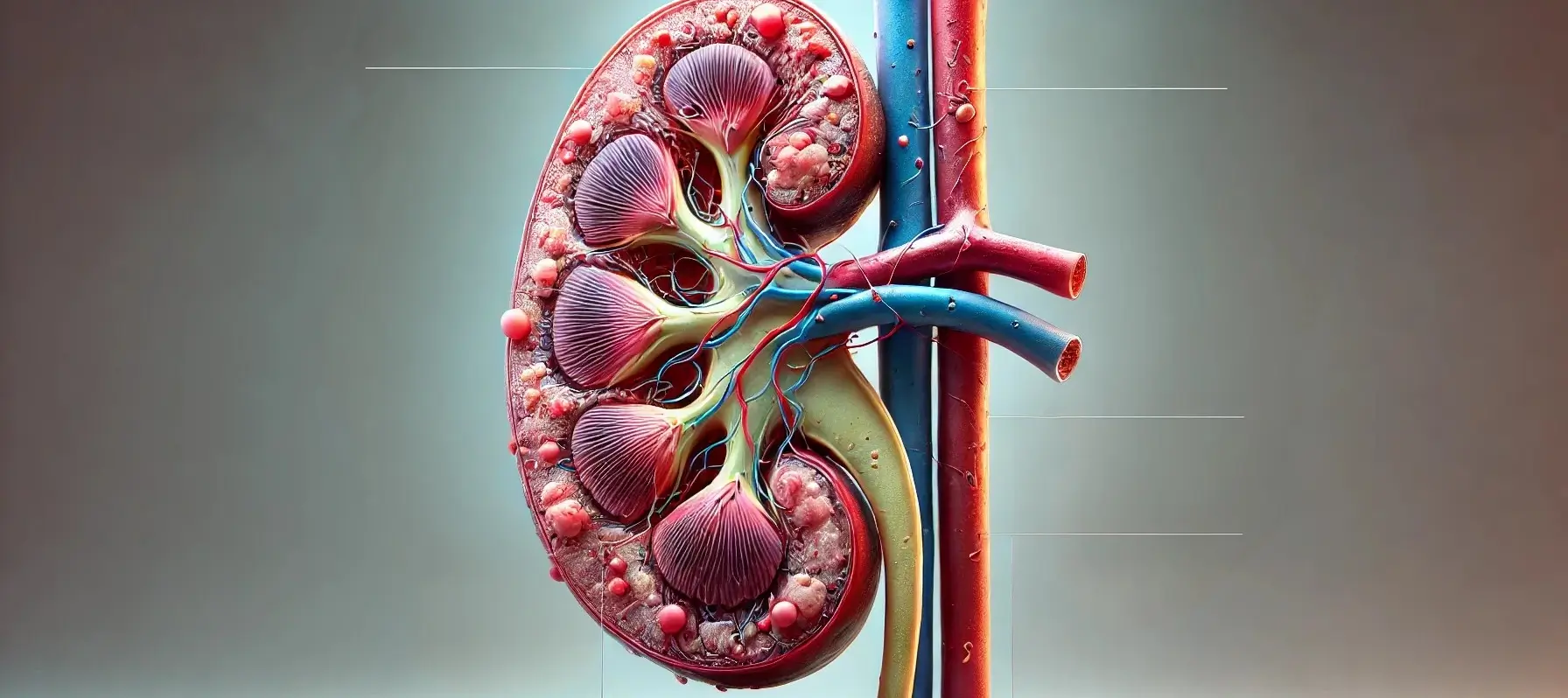- Acute renal failure, also known as acute kidney injury (AKI), is a sudden and rapid decline in kidney function that occurs over a short period, usually within hours to days.
- It can result in the buildup of waste products, electrolyte imbalances, and fluid retention in the body, which can be life-threatening if not promptly treated.
- AKI can be reversible with appropriate treatment, but it may also progress to chronic kidney disease or end-stage renal disease in severe cases.
Causes of Acute Renal Failure
- It can be classified into three main categories based on the underlying cause:
-
Prerenal:
- This is the most common cause of AKI, resulting from decreased blood flow to the kidneys due to dehydration, blood loss, low blood pressure, heart failure, or sepsis.
-
Intrinsic:
- This occurs when there is direct damage to the kidney tissue, such as from acute tubular necrosis, glomerulonephritis, interstitial nephritis, or vascular disorders.
- Causes of intrinsic kidney injury include toxins, drugs, infections, and autoimmune diseases.
-
Postrenal:
- This is caused by obstruction of urine flow from the kidneys, which can result from kidney stones, blood clots, tumors, or an enlarged prostate.
Pathogenesis of Acute Renal Failure (Acute Kidney Injury)

-
Prerenal Causes:
- Sudden drop in blood flow to the kidneys due to severe dehydration, heart failure, or shock.
-
Intrarenal Causes:
- Direct damage to the kidneys from toxins, infections, inflammation, or ischemia.
-
Postrenal Causes:
- Obstruction of urine flow due to kidney stones, tumors, or enlarged prostate.
Advertisements
Symptoms
- Symptoms of acute renal failure vary depending on severity and underlying cause but commonly include:
- Decreased Urine Output
- Swelling: In legs, ankles, or feet due to fluid retention.
- Shortness of Breath
- Fatigue and Weakness
- Nausea and Vomiting
- Confusion or Altered Mental Status
- Chest Pain or Pressure
- Seizures or Coma: In severe cases.
Treatment of Acute Renal Failure
- Management focuses on addressing the underlying cause and managing complications:
-
Fluid Management:
- Replacement or restriction, depending on whether the cause is dehydration or fluid overload.
-
Medications:
- Blood Pressure Control: Using antihypertensives.
- Electrolyte Correction: Managing imbalances like hyperkalemia.
- Treatment of Anemia: If present.
-
Dialysis:
- Temporary dialysis may be necessary to remove waste products and excess fluids.
-
Addressing Underlying Causes:
- Antibiotics: For infections.
- Immunosuppressive Drugs: For autoimmune conditions.
- Relieving Obstruction: Surgical intervention for postrenal causes.

